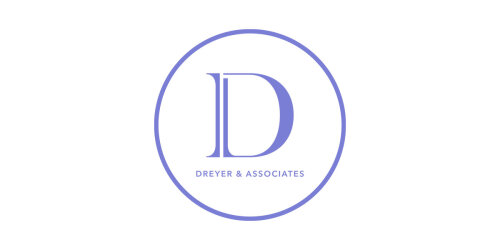Best Nursing Home Abuse Lawyers in Langley
Share your needs with us, get contacted by law firms.
Free. Takes 2 min.
List of the best lawyers in Langley, Canada
About Nursing Home Abuse Law in Langley, Canada
Nursing home abuse law in Langley, Canada, falls primarily under the categories of elder law and personal injuries. Nursing home abuse involes instances where elderly individuals who are residents of nursing homes or other care facilities are subjected to physical, emotional, sexual abuse, financial exploitation, or neglected by their caregivers. In Canada, including Langley, this is a serious offense punishable by law. The aim of the nursing home abuse law is to safeguard the rights and wellbeing of elders residing in these facilities.
Why You May Need a Lawyer
Instances where a lawyer may be needed could be when a loved one reports experiencing abuse or neglect, notable shifts in mood or personality, unexplained injuries, sudden financial irregularities, or if the nursing home facility seems neglectful or unresponsive to concerns. A lawyer specializing in nursing home abuse can guide you through the legal process, compile evidence, communicate with the nursing home and insurance companies, and represent you or your loved one in court if necessary.
Local Laws Overview
The province of British Columbia, where Langley is located, has several laws to protect the rights of the elderly. This includes the Residential Care Regulation under the Community Care and Assisted Living Act, which outlines the standards of care for seniors in residential facilities.
The Adult Guardianship Act also offers protection to adults who are abused or neglected, enabling an appointed adult guardian to make decisions on their behalf.
Frequently Asked Questions
What constitutes nursing home abuse?
Nursing home abuse can be physical, emotional, sexual, financial, or neglect. It involves the harming of an elderly person in a care facility by someone they trust or depend on.
How can I detect nursing home abuse?
Signs of abuse can range from unexplained injuries, unexpected changes in behaviour or mental health, sudden financial troubles, to overall neglect in personal care or health needs.
Is it possible to sue a nursing home for abuse in Langley?
Yes, if you or your loved one has been a victim of nursing home abuse in Langley, Canada, you can file a lawsuit against the nursing home.
Will I need proof of abuse to file a lawsuit?
Yes, evidence is required to lodge a successful lawsuit. This can include medical records, photos of injuries, financial statements among other items.
How long does it take to resolve a nursing home abuse case?
The time it takes can vary widely from a few months to a few years depending on the complexity of the case, proof, and the legal process.
Additional Resources
The Seniors First BC (formerly known as BC Centre for Elder Advocacy and Support) is a wonderful resource. They provide legal information and advice on elder law issues including abuse. Their Elder Law Clinic can be highly beneficial. Also, the Adult Abuse and Neglect Hotline in BC can be contacted for immediate help.
Next Steps
If you suspect nursing home abuse, it is important to take immediate action. Document everything including physical signs of injuries, behavioral changes, and any other relevant information. Report the abuse to local authorities and contact a lawyer specializing in nursing home abuse cases to guide you through the necessary legal steps. Your loved one does not have to suffer in silence or fear; legal remedies are available to stop the abuse and hold the abusers accountable.
Lawzana helps you find the best lawyers and law firms in Langley through a curated and pre-screened list of qualified legal professionals. Our platform offers rankings and detailed profiles of attorneys and law firms, allowing you to compare based on practice areas, including Nursing Home Abuse, experience, and client feedback.
Each profile includes a description of the firm's areas of practice, client reviews, team members and partners, year of establishment, spoken languages, office locations, contact information, social media presence, and any published articles or resources. Most firms on our platform speak English and are experienced in both local and international legal matters.
Get a quote from top-rated law firms in Langley, Canada — quickly, securely, and without unnecessary hassle.
Disclaimer:
The information provided on this page is for general informational purposes only and does not constitute legal advice. While we strive to ensure the accuracy and relevance of the content, legal information may change over time, and interpretations of the law can vary. You should always consult with a qualified legal professional for advice specific to your situation.
We disclaim all liability for actions taken or not taken based on the content of this page. If you believe any information is incorrect or outdated, please contact us, and we will review and update it where appropriate.












